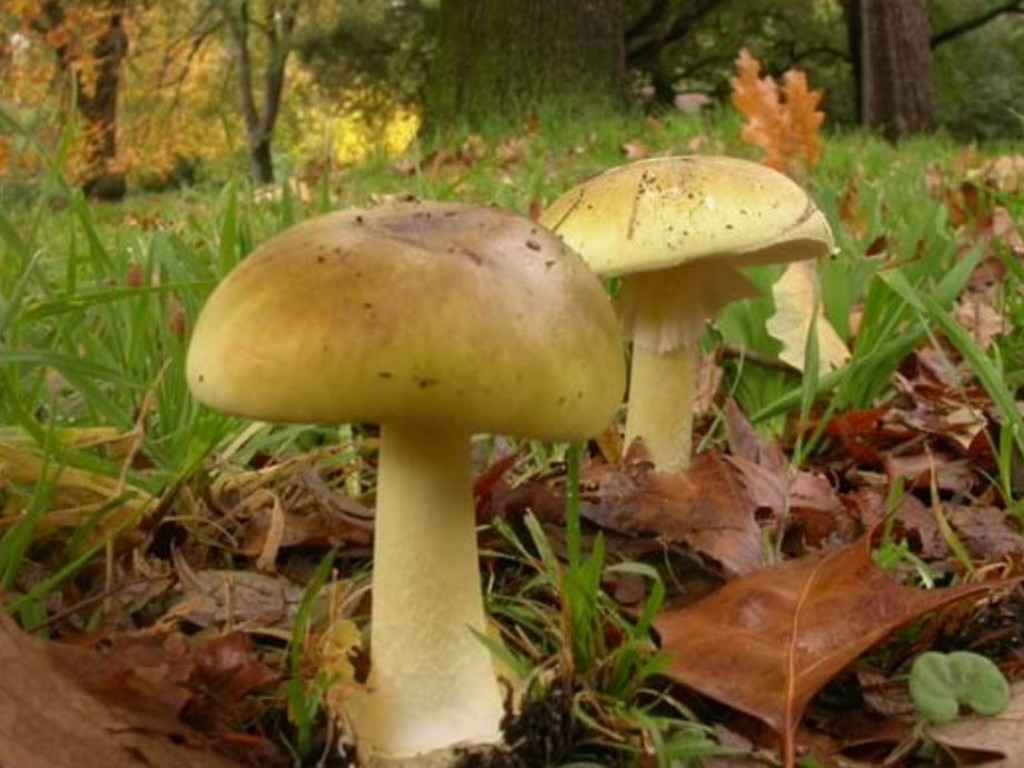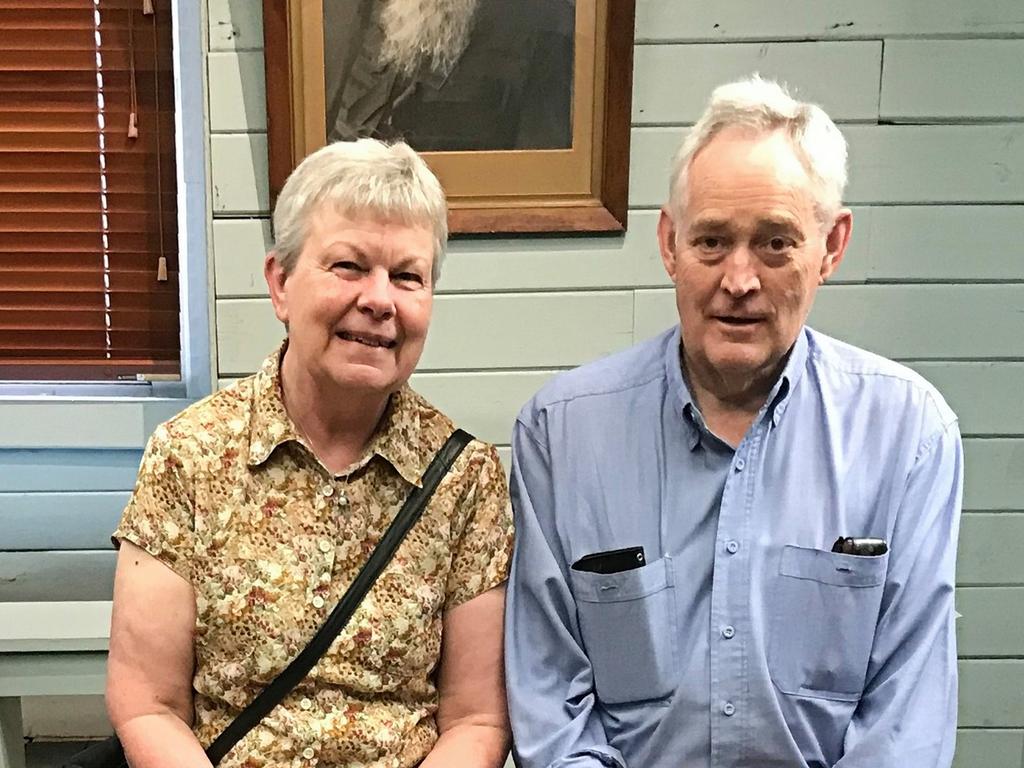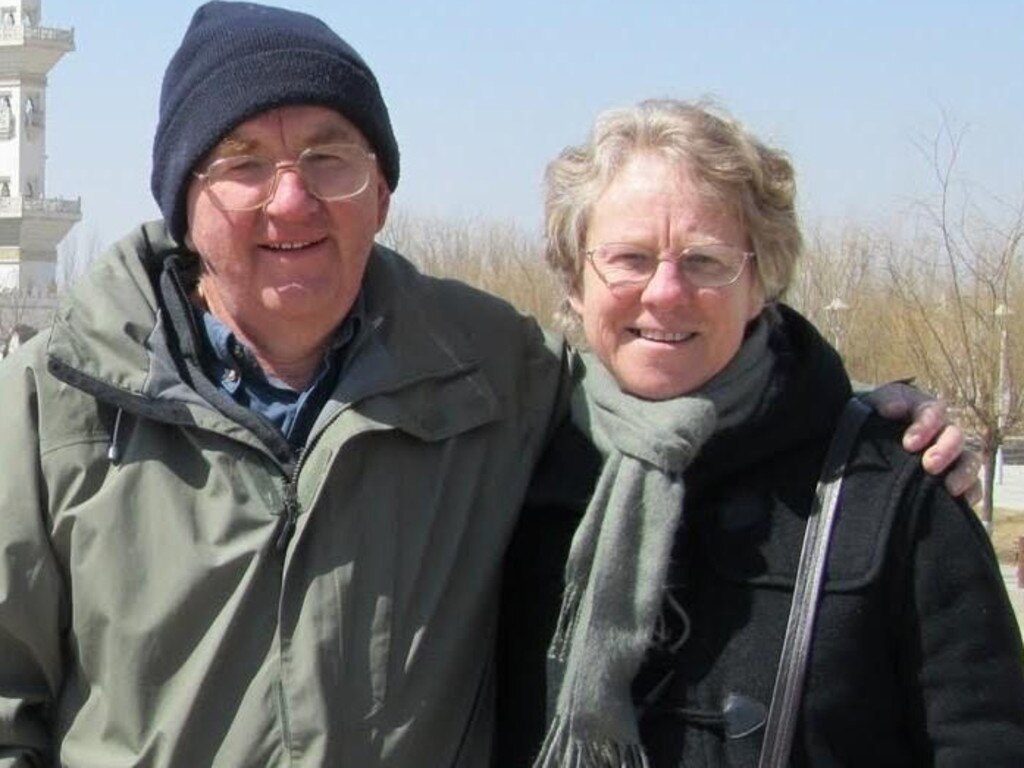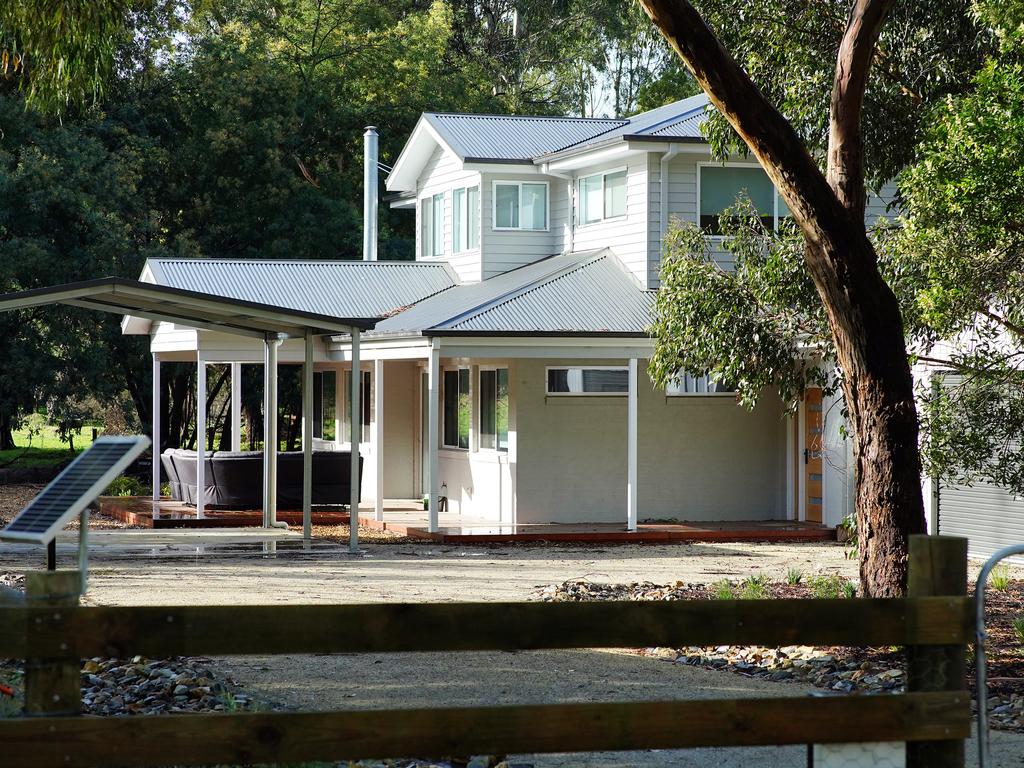Overseas toxicology tests could provide answers to what killed three Victorians
A crucial test could help reveal what killed three Victorians and left another battling for his life. See what needs to be done.
The breakthrough in the poisoning case that is captivating Australia could happen in an overseas laboratory.
Crucial forensic tests on blood and urine samples taken from the victims of the fatal July 29 Leongatha lunch might need to be sent to Europe.
Independent Forensic Consulting director Michael Robertson said the case was so unique it could mean foreign help is needed for police to help solve what led to the deaths of Don and Gail Patterson, both 70, and Gail’s sister, Heather Wilkinson, 66.

Heather’s husband, Ian Wilkinson, 68, is in a critical but stable condition and understood to be awaiting a liver transplant.
Toxicologists at the Victorian Institute of Forensic Medicine are examining samples already taken from the victims. A spokeswoman said: “As is the normal process of deaths reported to the coroner, the Institute will be involved in the analysis of samples that require toxicology.”
However, they declined to comment further without homicide squad’s approval.
Other experts not directly involved have also been restricted from commenting by police. Mycologists, who specialise in mushrooms, have been asked not to comment.
WHAT ARE TOXICOLOGISTS TRYING TO PROVE?
Police have not been able to confirm whether or not death cap mushrooms were used in the lunch that killed the trio.
Samples taken from the victims can be tested for the presence of toxins - but to prove conclusively the death cap mushrooms were responsible - the results of the samples will need to be matched with what is known to be in the toxin.
Dr Roberston said that is what could hold the analysis up, but when it was done toxicologists will be able to tell with “scientific certainty” if toxins from death cap mushrooms were present.

WHY WOULD THE TESTING HAPPEN OVERSEAS?
Dr Roberston said the pure toxin or “reference standard” might need to be sourced overseas.
“Most of the standards come from overseas, that’s pretty routine...The unusual nature of this one is clearly this isn’t the standard that they would typically purchase or obtain from overseas. So that’s the unique aspect to it. We don’t see too many of these matters,” he said.
COULD THE TOXIN STANDARD NOT BE TESTED IN AUSTRALIA?
Dr Roberston said testing in house takes time and likened it to perfecting a recipe, that could take weeks or longer.
“The standard is, in effect, one of the ingredients. So there’s a whole lot of stuff you need that, the urine will be an ingredient or the blood will be one ingredient. The standard will be another ingredient. There’ll be a few other things that they add to it. And then they run it through the machine or the instrument. And then in a way you go, it’s [the death cap mushrooms] is either there or it’s not there,” he said.

WHERE COULD IT HAPPEN?
If testing is carried out other than in Australia, it will likely be in Europe where these cases are more common.
“Which is why one option could be if there is a lab that’s up and running already with this method of analysis happening, it may be a consideration as to send the samples or have someone take samples to the laboratory and just have them tested. That’s certainly one thing that would be on the table,” Dr Robertson said.
WOULD TESTING OVERSEAS BE QUICKER?
Yes, if there is no standard already here then it would be quicker overseas.
Dr Robertson: “Ideally you would do the test in Australia, or in Victoria, because it just simplifies everything for everyone. Particularly if it starts to get legally challenging. But if there’s some pressure on time frame, and you’ve already got a reputable laboratory, doing this work overseas, then [just] throw someone on a plane and go over and get it done.”

WHAT HAPPENS ONCE THE TEST IS DONE?
Toxicologists will be able to provide police with their findings, which could be what the case hinges on, Dr Robertson said.
“At least they can then say yes, it is definitely there. We’ve got a test now so there’s definitely there. And again, speculating it may be that that’s what the police are waiting for,” he said.
“The equipment, all that sort of stuff, they’ve already got all that equipment. So it’s no different to really any other tests. The expense will be on the personnel to get the method of analysis up and running. And again, depending on how long that takes, you know, that could be a week’s worth of work for someone - it might be a month’s - so that’s when the expense will come in
The standard itself would only likely cost a few hundred dollars.
More Coverage
Originally published as Overseas toxicology tests could provide answers to what killed three Victorians




